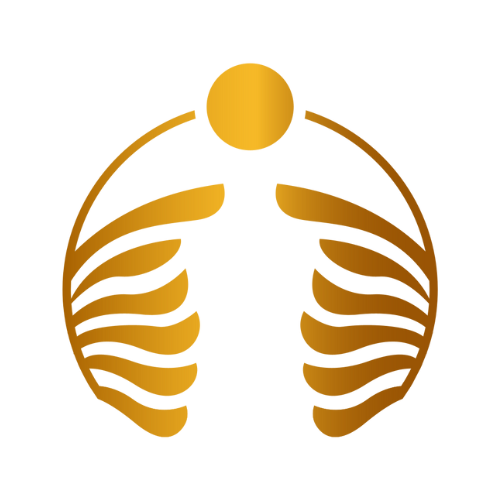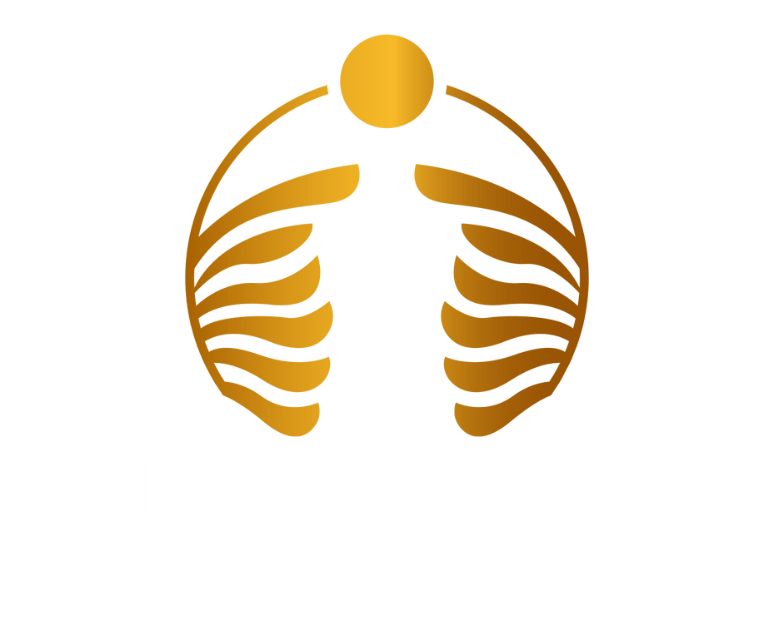Breathwork Courses, Workshops & Coaching
'Breathwork is the use of Breath Awareness and Conscious Breathing for healing and growth, personal awakening and transformation in spirit, mind and body.'
— Dan Brule
1:1 Breathwork coaching and group sessions for Adults
What is Breathwork?
Breathwork involves consciously controlling and regulating your breathing patterns. Changing how you breath can have profound effects on your physical, mental, and emotional well-being. Breathing optimally can clear mental clutter, give you increased focused and energy whilst regulating your nervous system. Today, breathwork is now widely known as a tool to help with emotional regulation, stress management and mental health. Breathwork practices vary in complexity and length, and have different outcomes.
Many of us breathe on average 21,000 times a day. This equals an average of 14 inhale and exhales a minute. In our fast paced world many of us are upper chest breathers, or shallow breathers. This means we are using the muscles in our neck and shoulders rather than the main breathing muscle, the diaphragm. Upper chest breathing causes tension and stiffness in these these areas. Shallow breathing overtime can also:
- activate the stress response
- reduce oxygen intake
- cause hyperventilation
- limit proper lung function
The slower we breathe whilst using our diaphragm, the more regulated we feel. So, what if you were able to half your inhale and exhales to 12,000 a day, whilst predominantly using your diaphragm? This is where I can help you.
How can breathwork improve our health?
The practice of breathwork directly influences the autonomic nervous system. Some breathwork practices can bring you down out of a flight-or-flight/stress response into the parasympathetic. This can be achieved by slowing down your breath. Certain breathwork practices can also increase your energy levels when you are low in mood or feeling sluggish. This can be achieved through intentionally accelerating your breath.
Regulating your breathing patterns to their optimum state can have profound physiological benefits. Breathing optimally can potentially lower blood pressure, improve digestion and sleep patterns. You can also better manage PMS and migraine symptoms, your posture, chronic pain and assist with mental illness, to name a few.
How can breathwork coaching help you?
It has been said to me many times – I’m alive, so I am breathing – why do I need help with my breathing? Yes, this is true. However many people have also said how learning to breathe optimally and become more aware of their breathing patterns has been life changing.
Dr Chatterjee has even recently claimed breathwork to be one of the biggest lifestyle hacks.
By taking a back-to-basics approach, I help clients understand how the way we breathe is so important. Education around the physiology of the breath and the nervous system is key to improving how you breathe.
Over a number of sessions I help clients re-connect to their breath and create healthy breathing patterns. Depending on a clients need, I impart various breathing techniques that work for you. Clients leave with a toolkit of practices that they can use in all areas of their life.
For further reading on the subject, two books I highly recommend are:
Master your Breath - 6 week journey going back-to-basics
My comprehensive 6-week course takes you back to the breathing fundamentals. I will help you understand, observe, and master the breathing patterns that influence every aspect of your health and wellbeing.
Over the course we will cover:
- Breathwork fundamentals & the science behind your breath
- Basic understanding of nervous system and the polyvagal theory
- Diaphragmatic breathing and the importance of fully engaging the biggest breathing muscle
- Tool kit creation – personalised practices for everyday life
Why this course works
Science-Based Learning: Understand the ‘why’ behind each practice with clear explanations of the physiological benefits.
Practical Application: Every technique you learn has real-world applications for common situations like work stress, sleep challenges, or energy dips.
Personalised Journey: By week 6, you’ll have identified the specific practices that work best for your lifestyle and needs.
Perfect for you if:
- You want to reduce stress and anxiety naturally
- You’re looking to improve sleep quality and energy levels
- You experience shallow breathing or breath-holding patterns
- You want to understand the science behind breathwork
- You’re ready to build a sustainable daily pactice
Transform Your Health, One Breath at a Time
Your breath is your most powerful tool for self-regulation. In just 6 weeks, you’ll transform from unconscious breathing to masterful breath awareness, equipped with practical techniques that serve you for life.
1:1 sessions
last for 60 minutes and over a course of 4-6 sessions, you will learn up to 10 conscious breathing practices, which will become part of your daily well-being toolkit.
All breathwork coaching sessions can be held in person or online.
Group workshops
vary in length and depth but all help you understand the power of your own breath and teach you breathwork practices to integrate into your daily life.
All breathwork coaching sessions can be held in person or online.
Benefits of breathwork sessions include:

Helps release stress and anxiety and supports us to tolerate difficult emotions and situations

Increases energy levels, focus and vitality

Strengthens the lungs and helps with management of lung illnesses such as asthma

Assists with pain management including chronic pain

Helps us become embodied and step into the present moment

Stimulates the vagus nerve, our social engagement system

Improves digestion and sleep
Benefits of breathwork sessions include:
– Helps release stress and anxiety and supports us to tolerate difficult emotions and situations
– Increases energy levels, focus and vitality
– Strengthens the lungs and helps with management of lung illnesses such as asthma
– Assists with pain management including chronic pain
– Helps us become embodied and step into the present moment
– Stimulates the vagus nerve, our social engagement system
– Improves digestion and sleep
Questions & Answers
Can breathwork help with stress or anxiety?
Breathwork is an extremely powerful tool for reducing stress and anxiety. In fact, it has been named by many as the biggest life hack. By focusing on your breath, you can either activate the parasympathetic nervous system, which helps calm the body and mind or bring you out of freeze state or lethargy. Over time, a regular breathwork practice can help manage stress, improve emotional resilience, and reduce anxiety levels.
Can breathwork release trauma?
Breathwork can release trauma by accessing and processing stored emotions and memories that are often locked in the body due to past traumatic experiences. There are many different practices can release this. Dan Brule says ‘We can heal the body by using the breath and the mind. We can heal the mind by using the breath and body. Using the mind, body and breath we can heal any emotion’
What happens during a session?
During a breathwork session, I will review your natural breathing pattern. I will explain how our nervous system is regulated to our breath and how we can control our nervous system with our breath. I will guide you through specific breathing exercises that may involve controlled inhalation, exhalation, and holding the breath. I will support you in maintaining the rhythm, and you may be asked to breathe in specific patterns or tempos. You might experience different sensations like tingling, warmth, or emotional release.
How long does a breathwork session last?
Breathwork sessions typically last between 45 minutes to 1 hour, depending on the type of breathwork being practiced and the structure of the session. Some sessions may include guided meditation or integration time afterward.
Who developed breathwork as we know it today?
Breathwork has roots in multiple ancient traditions, but modern breathwork techniques have evolved and been shaped by several different individuals and cultures.
Some key influences and developers of modern breathwork include:
- Ancient practices found in yoga (Pranayama in Hinduism), Buddhism, and Taoism. These traditions have long used controlled breathing for spiritual development, meditation, and physical health.
- Leonard Orr developed “rebirthing breathwork,” a method that involved conscious connected breathing.
- Psychologists Stanislav and Christina Grof developed Holotropic Breathwork. This technique involves faster breathing to induce altered states of consciousness, which is believed to help individuals access deep emotional and psychological healing.
- Wim Hof has gained popularity with his breathing technique combined with cold exposure and meditation. His method emphasises deep, rhythmic breathing to enhance physical performance, mental clarity, and emotional resilience.
- Dan Brulé has had a significant influence on the modern breathwork movement. He is a pioneer in the field of conscious breathing and his work has helped to popularise breathwork in both therapeutic and performance contexts.
